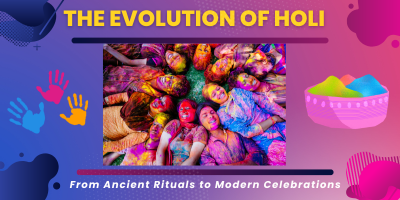
Over the last 400 years, science has transformed human life and society. Most of what we take for granted in terms of lifestyle – including communication, health and transport – is unthinkable without science. If we find, technology has created personal or environmental problems, we turn to science for a remedy. If car exhausts pollute the atmosphere, we look to science to provide cleaner fuels or more efficient engines.
Science is a massive problem-solving and information-providing enterprise and, generally, people have great respect for what science has achieved. But what does it mean to say that something is ‘scientific’? How can one tell valid science from bogus? On what basis can we assess what scientists tell us? How do we know if what we are being told is an absolute truth or merely some temporary theory, adequate for now but soon to be replaced? What is scientific language?
These are just a few questions which normally come to our mind. They keep us thinking indeed!!
Science traditionally deals with facts, with information about the world in which we live, gained hard evidence by means of experiment and analysis. But importantly, the word ‘science’ comes from the Latin scientia, meaning ‘knowledge’ – so science should offer us certain knowledge, as opposed to mere opinion. But it is not that simple and we know that the process of gaining scientific knowledge is one, in which the straightforward claims to deal with the facts that need to be qualified.
Many argue that scientific theories cannot be conclusively proved, but must be examined in terms of degrees of probability. But if that is so, what is the basis of all the knowledge that science has built up over the last 400 years? What about the technology on which our society is based? Surely, if something works, it must be correct!!
How can we challenge the basis of scientific knowledge, when everything around us is the evidence for the success of the scientific enterprise? We need to examine these!!
The 17th and 18th centuries, which saw the rise of modern science, were a time of optimism and science was seen in the context of human progress. Reason was seen as the tool by which humankind would be emancipated from the narrowness of superstition and tradition.
The experimental method of the newly developing sciences was a sign of a new commitment to harness reason for the good of humanity. There was a fundamental trust in human ability to understand and benefit from that understanding.
Science is about proven knowledge with scientific theories. Today, the world is based and dependent on science. What science tells, we accept and agree and follow its steps… Are we to blame science again, for our dependence as well??